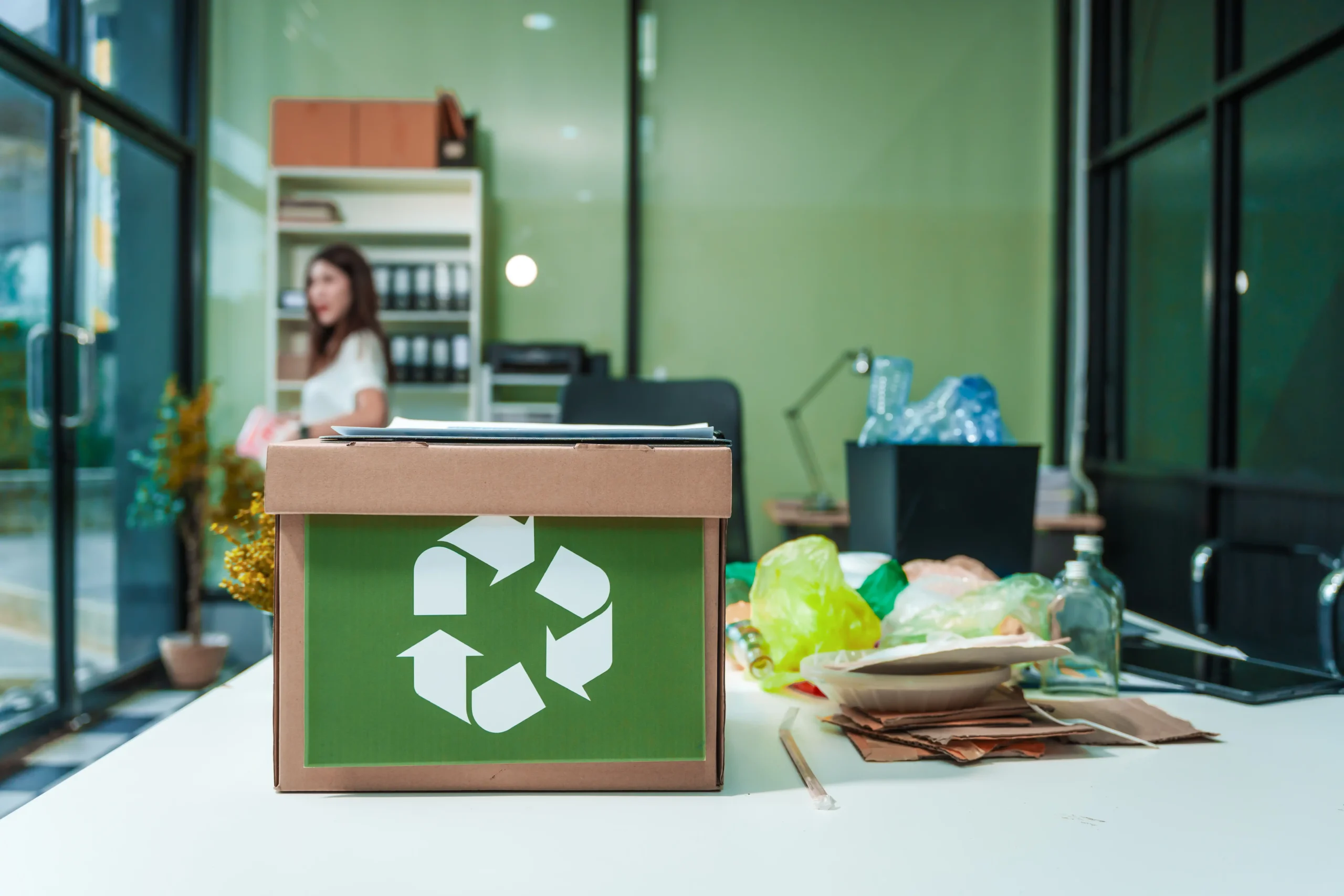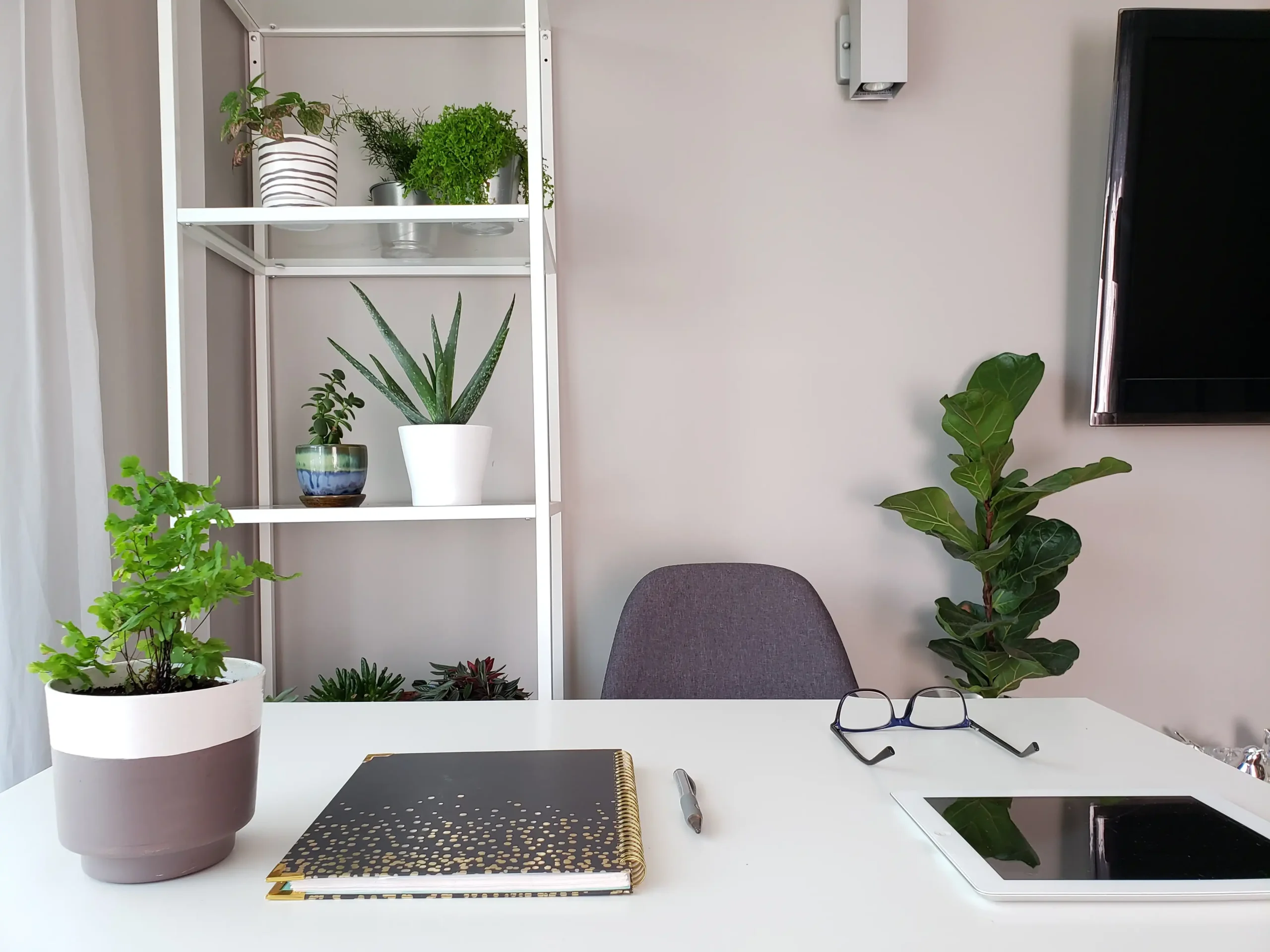Table of Contents
ToggleEco-friendly practices refer to actions and habits that reduce harm to the environment. These practices involve conserving resources, minimizing waste, and choosing sustainable alternatives for energy, water, and materials.
The goal is to live and operate in ways that support the planet’s health rather than depleting or damaging it. Whether through recycling, using renewable energy, or sourcing responsibly, eco-friendly practices make a difference for individuals and businesses alike.
As someone leading Tri-Link FTZ with over 35 years of experience in third-party logistics and foreign trade zones, I’ve seen how eco-friendly practices can transform industries and communities. Adopting these strategies not only helps the environment but also creates a more efficient and cost-effective way to operate.

Adopting eco-friendly practices is no longer a choice but a necessity. The environmental challenges we face today, from climate change to resource depletion, demand immediate action.
Over the years, I’ve noticed how businesses in foreign trade zones play a pivotal role in reducing waste and improving sustainability. By using eco-friendly practices, we mitigate the environmental impact of logistics operations, which are often resource-intensive.
Every small step adds up. For instance, a business that switches to energy-efficient lighting can significantly cut down on its carbon footprint while saving thousands in electricity costs.
Similarly, individuals who reduce their use of single-use plastics contribute to a cleaner planet. The cumulative effect of these actions is substantial, as communities and industries collectively shift toward sustainability.
Eco-friendly practices bring a wealth of benefits for both individuals and businesses. From a personal standpoint, these habits improve health, reduce expenses, and foster a deeper connection with nature.
For businesses, the advantages extend to operational efficiency and public relations. Customers today prefer companies that demonstrate social responsibility, and eco-friendly initiatives can set your brand apart.
For example, at Tri-Link FTZ, we’ve implemented energy-saving measures in our warehouses, which reduced operational costs by 20% annually. These savings not only reflect on our bottom line but also demonstrate our commitment to sustainability.
Beyond cost benefits, eco-friendly practices build trust with clients and partners who value environmental stewardship. Moreover, sustainable operations often qualify for government incentives and grants.
Programs like energy efficiency rebates can offset initial investments in green technology, making eco-friendly transitions financially viable for businesses of all sizes. Read more here.
Integrating eco-friendly practices into daily routines doesn’t have to be complicated. Start with small changes that collectively make a big impact.
For instance, switching to reusable water bottles and shopping bags can drastically reduce plastic waste. Composting food scraps and using energy-efficient appliances are other practical steps.
One habit I’ve personally adopted is minimizing energy use at home. By using smart thermostats and LED lighting, I’ve managed to cut my electricity bill by 15%.
These changes are simple yet effective and serve as reminders that sustainability begins at home. For businesses, encouraging employees to adopt eco-friendly habits can amplify the impact.
Providing incentives for carpooling or remote work reduces emissions from commuting. Similarly, setting up recycling stations in the workplace promotes waste reduction.
These collective efforts create a culture of sustainability that extends beyond the office.

Businesses have a unique opportunity to drive large-scale change through eco-friendly practices. At Tri-Link FTZ, we’ve embraced sustainability by optimizing our supply chains and reducing waste.
Conducting an environmental impact audit is an excellent starting point for businesses looking to go green. During these audits, you assess your operations from procurement to waste management.
For example, sourcing materials locally reduces the carbon footprint associated with transportation. Implementing renewable energy solutions, such as solar panels, further cuts emissions and operational costs.
Our experience shows that businesses in foreign trade zones can leverage eco-friendly practices to enhance their global competitiveness. By reducing packaging waste and utilizing recyclable materials, we’ve streamlined logistics operations while aligning with environmental goals.
These practices not only help the planet but also make economic sense in the long run. Read more here.
Transitioning to eco-friendly practices isn’t without challenges. Many businesses worry about the upfront costs of green technology or the time required for implementation.
However, these obstacles are often outweighed by the long-term benefits. One strategy we’ve used at Tri-Link FTZ is prioritizing incremental changes.
For instance, we started by replacing traditional lighting with energy-efficient options, a simple yet impactful step. Over time, we expanded these efforts to include solar installations and waste reduction programs.
Educating stakeholders is equally important. Employees, partners, and customers need to understand the value of sustainability.
Hosting workshops or sharing success stories can build enthusiasm and support for eco-friendly initiatives. Technology also plays a vital role—smart systems and automation make it easier to track progress and identify areas for improvement.
The right tools and technologies can simplify the adoption of eco-friendly practices. At Tri-Link FTZ, we’ve integrated smart logistics systems to monitor energy use and streamline operations.
These tools not only reduce waste but also enhance efficiency. Renewable energy systems, like solar panels, are among the most impactful investments.
They provide a clean energy source and significantly lower utility bills over time. Similarly, waste management technologies, such as compactors and recycling stations, minimize landfill contributions.
Certifications like LEED (Leadership in Energy and Environmental Design) and B Corp validate a business’s commitment to sustainability. These credentials enhance credibility and attract eco-conscious clients.
Additionally, apps for tracking carbon footprints or managing sustainable procurement offer actionable insights for businesses and individuals.

Sustainability is a collective effort. By collaborating with local communities and global networks, businesses can amplify their impact.
At Tri-Link FTZ, we’ve partnered with suppliers who prioritize eco-friendly practices, ensuring that sustainability extends across the supply chain. Community-driven initiatives, such as clean-up drives or tree-planting events, foster a sense of shared responsibility.
These efforts not only benefit the environment but also strengthen relationships with stakeholders. On a global scale, adhering to agreements like the Paris Climate Accord aligns businesses with international sustainability goals.
Success stories of collaboration are everywhere. For instance, small businesses pooling resources to invest in renewable energy systems often achieve results that wouldn’t be possible individually.
These partnerships demonstrate that teamwork can accelerate the transition to a greener future.
Real-world examples of eco-friendly practices highlight their feasibility and impact. At Tri-Link FTZ, we’ve implemented waste reduction programs that diverted over 50% of our waste from landfills.
These efforts not only reduced disposal costs but also strengthened our reputation as an environmentally responsible company. Another inspiring story comes from a small business in our network that transitioned to solar energy.
Despite initial hesitations about costs, the company achieved a 40% reduction in energy expenses within two years. These savings allowed them to reinvest in further sustainability projects.
On an individual level, stories of zero-waste lifestyles demonstrate how personal commitment can influence communities. From composting to using refillable containers, these efforts prove that small changes lead to significant results.
The long-term impacts of adopting eco-friendly practices extend beyond immediate benefits like cost savings or improved public perception. Over time, these practices contribute to the preservation of natural resources, mitigating the adverse effects of climate change and fostering a more sustainable future.
At Tri-Link FTZ, we’ve seen firsthand how prioritizing sustainability not only aligns with environmental goals but also secures a competitive advantage in the logistics industry. For individuals, long-term eco-friendly habits such as reducing water waste or conserving energy can lead to significant financial savings over decades.
For businesses, sustainable operations often result in enhanced brand loyalty and resilience against market fluctuations. Consider how reducing reliance on fossil fuels, for example, shields a company from volatile energy prices.
Eco-friendly practices also have profound social impacts. Cleaner air and water contribute to healthier communities, while sustainable resource management ensures future generations inherit a planet that can sustain them.
Over our 35 years in the industry, I’ve witnessed how communities embracing sustainability achieve stronger economic and social outcomes, proving that eco-friendly initiatives are investments in the future.

Sustainability thrives on collective action. Engaging with local communities and global networks amplifies the impact of eco-friendly practices.
At Tri-Link FTZ, we’ve partnered with local organizations to promote green logistics solutions and share resources that benefit the wider community. These partnerships have been instrumental in creating a ripple effect of sustainability.
Community events, such as clean-up drives or tree-planting initiatives, encourage widespread participation and raise awareness about environmental issues. On a global scale, adherence to international agreements like the United Nations Sustainable Development Goals fosters alignment with broader sustainability efforts.
One of the most inspiring aspects of community collaboration is the shared sense of purpose it creates. By working together, businesses, governments, and individuals can tackle challenges that seem insurmountable alone.
At Tri-Link FTZ, we’ve witnessed how these partnerships lead to innovative solutions that benefit everyone involved.
Eco-friendly practices are more than just a trend—they’re a necessity for ensuring the health of our planet and future generations. Whether you’re an individual looking to make a difference or a business striving to stay competitive, adopting sustainable habits is a win-win.
At Tri-Link FTZ, we’ve witnessed the transformative power of these practices firsthand, both in our operations and in the communities we serve. I encourage you to take the first step today.
Whether it’s reducing waste, conserving energy, or rethinking how your business operates, every action counts. Together, we can build a future where sustainability is the norm, not the exception.
Remember, adopting eco-friendly practices isn’t just about the environment—it’s about creating a better world for everyone. Let’s get started.
Share this article
We have other resources available upon request as well as one-on-one support and personalized answers, just like our services.
Simply contact us anytime and we’ll get back to you to answer your questions and provide meaningful answers that show you how Tri-Link supports your logistics, reduces costs, and accelerates efficiency.
Tri-Link delivers exceptional FTZ and 3PL services tailored to your global trade needs.
Our solutions combine innovation, quality, and efficiency to exceed your expectations and meet your specific requirements.